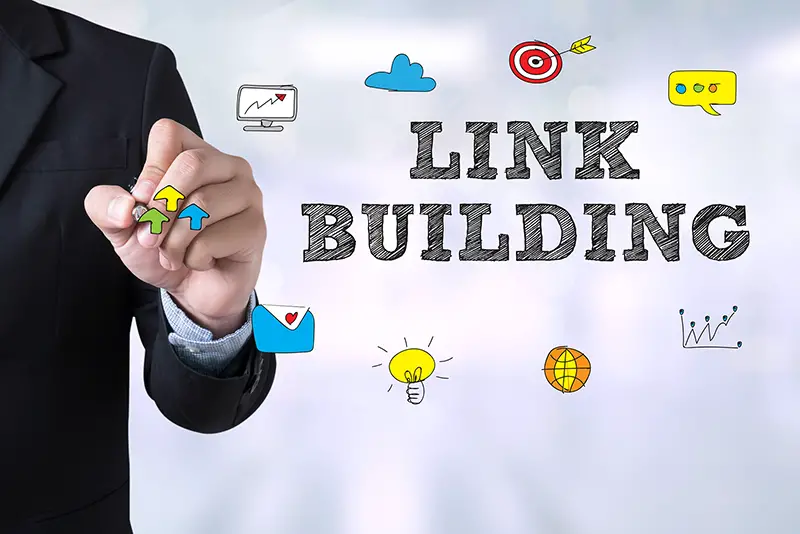Click here to get this post in PDF
Linkbuilding offers a huge advantage for SEO. This is the process of acquiring links from authoritative websites to your own, which increases the search engine rankings of your page or website.
It’s not all sunshine and rainbows, though. Linkbuilding isn’t a fast-track – it takes time and effort to build quality links organically. Linkable assets can help with this process by providing content other websites want to link to.
Here are some brilliant and effective strategies for creating linkable assets that boost your inbound links.
1. Know Your Audience
This may seem obvious. You’ve probably even heard it before. But understanding the core of your audience is a critical component of creating great content that sites want to link to.
Link-worthy content includes information that answers a question the visitor had in mind uniquely or unusually and offers a solid reference for authoritative sites. Your content needs to have value for your audience, and the only way to do that is to know what that audience is looking for.
2. Create Quality Content
Creating content that will attract links isn’t as simple as snazzy graphics or a certain word count. These things matter, but they’re not essential to linkable assets. Content should be in-depth and actionable for the user.
High-quality content takes time, resources, and expertise, but it pays off. Whatever the topic, provide content that’s as comprehensive and valuable as possible, answering all the user’s questions (even ones they didn’t know they had). Provide the resources they need to apply what they learned, such as templates or examples, and cover all the granular details.
3. Boost Your Content
Creating great content is only half the battle. You need to get it in front of the right eyes.
Outreach, social media, and promotion are helpful for getting your content more exposure. Share your content on social media, communicate its value to other websites, and promote it to your audience.
4. Pitch to Sites in Your Niche
When you create unique content and have an idea of the perfect home for it, such as an infographic, don’t be afraid to pitch it! First, make a list of sites that would potentially be interested in linking to your content, then pitch them. It may not work for everyone, but you could get enough bites to gain some exposure.
5. Create Original Research Pieces of Studies
Assets like research and studies are built to be linked to. Even if you’re not well known in the industry, you can do personal case studies or small group studies. You could also update older, out-of-date studies with new research to give them a refresh and more attention. If you do, connect with everyone who linked to the original study to let them know you updated the information.
6. Build “Definitive” Guides
“Definitive” guides tend to get a lot of backlinks. Journalists and bloggers would prefer to link out to longer, in-depth guides than multiple resources, and they’re useful for helping readers find more information on a topic if they choose.
The trick is that you need to be somewhat of an expert on the subject or be willing to research it thoroughly. Then, create a reference guide with all the information the reader could need, complete with links to support claims, and then promote it.
7. Improve Existing Content
If you know of sites with links to subpar content, whether they’re not-so-definitive guides or outdated infographics or confusing tutorials, do one better. Take what you like about the content and make it high-quality, then reach out to show the site your new-and-improved option for their link.
For example, this virtual leadership training course landing page takes the approach in having informational content to help convert potential readers.
There you have it! 7 brilliant and effective strategies to creating linkable assets. Use these as inspiration to create assets websites LOVE to link to. With a little creativity, you’ll be building links in no time.
Also read: 5 Ways Link Building Can Help New Businesses Grow
About the Author
Jason started freelancing in SEO back in college, sold his first agency, and now is founder of Zupo, which is an Orange County based SEO consulting agency helping construct powerful long term SEO strategies for our clients. Jason also enjoys multiple cups of tea a day, hiding away on weekends, catching up on reading, and rewatching The Simpsons for the 20th time.


